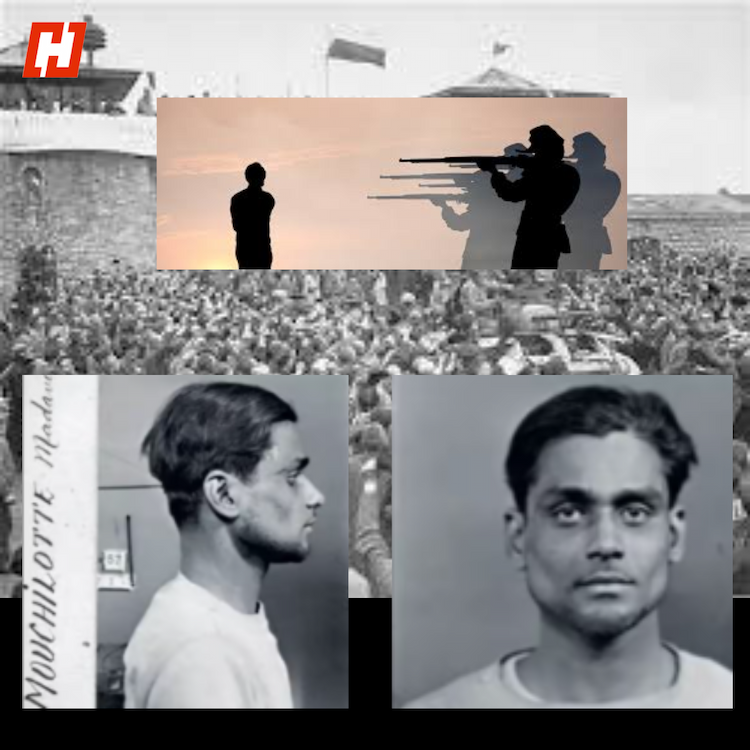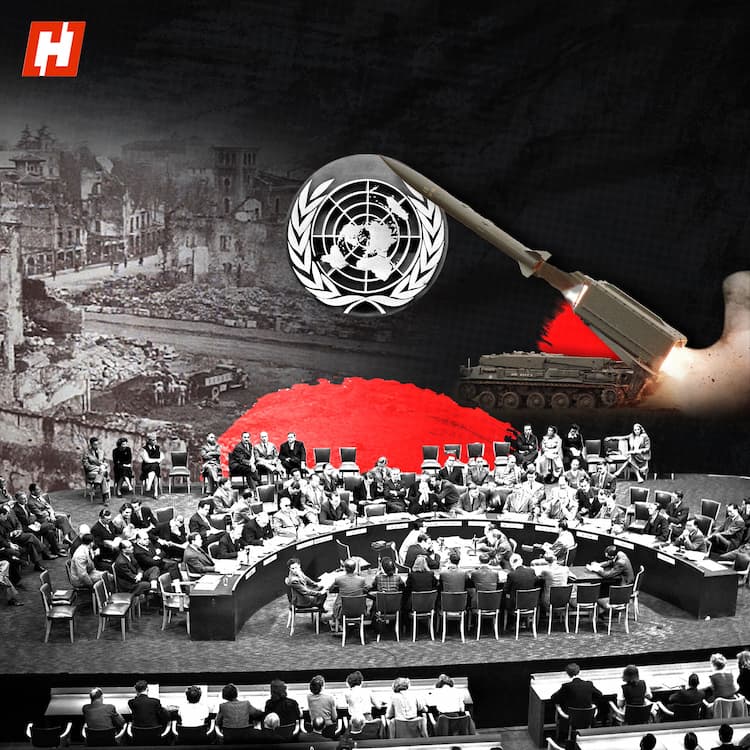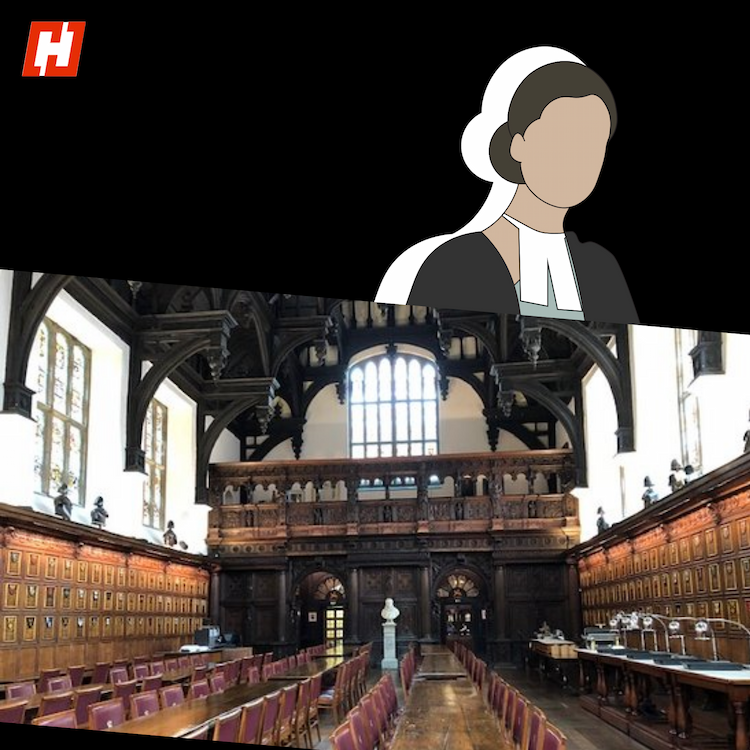Another episode of communal violence involving the Druze community has erupted in Syria’s Sweida. Reports suggest that over 89 people have been killed and more than 200 injured.
The violence broke out after clashes in Sweida between extremist militias and pro-government tribesmen on one side, and armed Druze factions on the other.
The fighting began on Sunday after Bedouin fighters set up a checkpoint on the Damascus–Sweida highway, where they reportedly robbed and brutally beat a young Druze man—an act that triggered a series of retaliatory attacks.
On July 14, the Syrian government announced that its forces had been mobilized toward the violence-hit area to restore order.
However, locals allege that government forces engaged in combat alongside tribal militias against the minority Druze community.
Experts suggest that the involvement of Syrian government-affiliated Bedouin fighters in the violence reveals growing chaos within government institutions.
The Syrian government had earlier assured that it would contain what it termed 'outlaw fighters,' but it has so far failed to do so.
Videos circulating online show Syrian forces firing at villages in western Sweida.
Soon, Israeli forces stepped in, and bombed Syrian army tanks that had been deployed to contain the violence.
The Israeli airstrikes specifically targeted convoys along the strategic road connecting the village of al-Mazraa to the city of Sweida. That's where where Syrian government-affiliated factions had gathered to take control of the situation.
Syrian Interior Minister Anas Khattab said the violence in the region stemmed from the absence of critical state institutions. According to Khattab, sending government security forces was the only path to restoring normalcy.
As de-escalation efforts continue, Druze spiritual leaders have also appealed for peace and an end to the bloodshed.
This fresh round of violence comes just months after hundreds of Alawites were killed by the newly reorganized Syrian government forces in Latakia governorate in March of this year.
On March 7, Syrian forces stormed the Alawite village of Sharifa in Latakia. According to the Syrian Observatory for Human Rights, at least 1,600 Alawite civilians were murdered in 55 separate massacres over a three-day period starting March 7th.
These massacres were reportedly accompanied by systematic looting and the burning of Alawite homes.
The Syrian government promised to bring perpetrators to justice, but violence soon boiled over, against the Druze this time.
Experts suggest the renewed clashes highlight the deepening divisions within Syria, and underscores the government's failure to stabilise the nation.
Notably, Syria’s self-appointed President Al-Sharaa is attempting to bring the entire Syrian territory under his government's control.
The administration has also been engaged in negotiations with Kurdish forces to integrate them into the Syrian army, but progress on that front remains limited.
In the Golan Heights—occupied by Israel—reports suggest that Al-Sharaa is willing to cede territorial claims. Al-Sharaa hopes it would normalise relations with Israel, as it continues to bomb Syrian territory.
At the same time, Al-Sharaa is reportedly seeking to annex the Sunni-majority city of Tripoli from Lebanon.
Reports further indicate that the HTS leader is aiming to reestablish the historical region of Bilad al-Sham, the greater Syria.
U.S. envoy to Syria and Ambassador to Turkey, Thomas Barrack, warned that Lebanon might be “swallowed” by Syria if Beirut fails to disarm Hezbollah.
While Al-Sharaa continues to push his broader vision to recreate Bilad al-Sham, he is increasingly struggling to provide security and inclusivity to minority communities under his control.
In light of repeated civil riots, will Sharaa give up his expansion plans to focus on building the nation?





